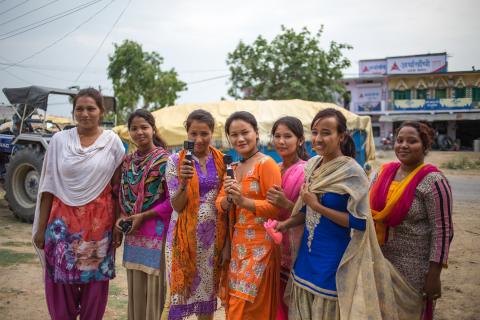
Menstrual Practices and Displacement in Far-West Nepal: A Series of Short, Collaborative Documentary Films Highlighting Menstrual Practices (60 minutes)
Menstruation is a monthly, natural, biological process for healthy girls and women 1. The onset of menstruation often signals girls into womanhood 2, and is a fundamental factor of human reproduction 1. Though this natural phenomenon is a sign of good health, and celebrates women’s ability to reproduce, it often comes with challenges for billions of women and girls around the globe 3. In Nepal, a country with over 28.5 million people 4 and 125 caste/ethnic groups 5, menstrual practices can be particularly hazardous 6. In the far-western region of the country, many women practice a century-old Hindu tradition called chhaupadi that views menstruating women as impure and displaces them from their homes to a small shed during their period and after childbirth 6,7. Women have experienced incidents of violence, snakebites, rape and even death while practicing chhaupadi 6,7. Though Nepal’s supreme court banned chhaupadi in 2005 7,8, evidence reveals that it is still widely practiced in the mid and far-western parts of the country 6,9. This film project aimed to develop a deeper, visual understanding of menstrual practices in Far-West Nepal. The research team equipped seven girls with cameras to film their menstrual practices, and engaged participants as community-based researchers. The films revealed that there are in fact a variety of practices, and a range of beliefs regarding menstruation in the community; and using collaborative film-making allowed the team to uncover important nuances. The films were filmed and directed by the seven girls themselves.
Trailer: https://vimeo.com/230438677
Discussion with Filmmaker Sara Liza Baumann (20 minutes)

